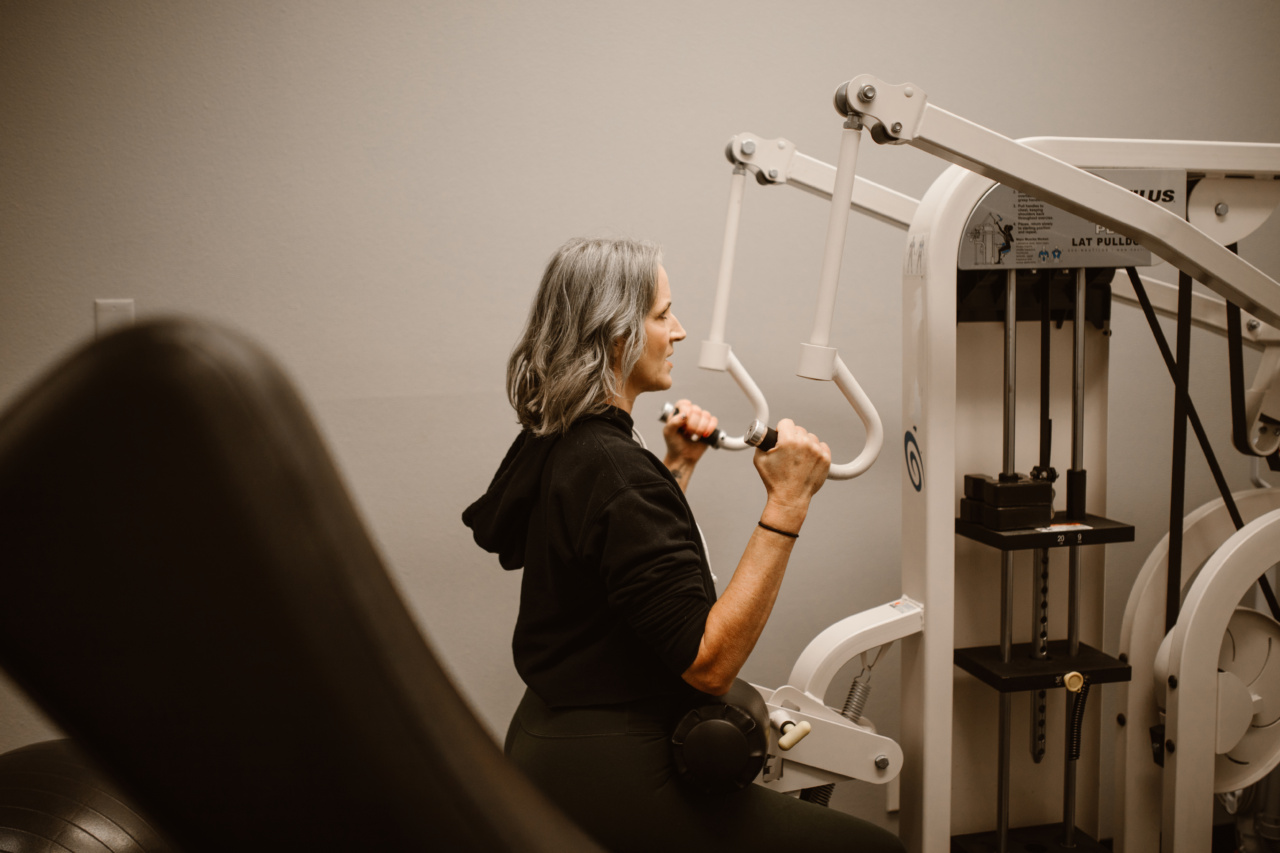Menopause is a natural biological process that every woman goes through as she reaches middle age. It marks the end of a woman’s reproductive years, and with it comes a variety of physical and emotional changes.
The symptoms of menopause can be overwhelming and frustrating, often affecting a woman’s quality of life. It is crucial for women to understand and recognize these symptoms to seek the necessary support and treatment for managing the challenges that menopause brings.
Physical Symptoms of Menopause
1. Hot flashes: Hot flashes are one of the most common symptoms of menopause. These sudden feelings of warmth and intense sweating can be uncomfortable and last for several minutes. They can disrupt sleep patterns and affect daily activities.
2. Night sweats: Night sweats are similar to hot flashes but occur during sleep. They can cause drenched sheets and disrupted sleep, leading to fatigue and irritability.
3. Irregular periods: As women approach menopause, their menstrual cycles become irregular. Periods may become lighter, heavier, or occur at irregular intervals. Eventually, they may stop altogether.
4. Vaginal dryness and discomfort: Menopause can lead to a decrease in estrogen levels, resulting in vaginal dryness, itching, and discomfort during sexual intercourse. This can affect a woman’s sexual well-being and relationships.
5. Changes in bladder control: The loss of estrogen can weaken the pelvic floor muscles, leading to urinary incontinence and increased frequency of urination. This can be embarrassing and impact daily life.
6. Sleep disturbances: Hormonal fluctuations can disrupt sleep patterns, leading to insomnia or frequent waking during the night. Poor sleep can contribute to fatigue, mood swings, and difficulty concentrating during the day.
7. Joint and muscle pain: Many women experience joint and muscle pain during menopause, which can be similar to symptoms of arthritis. Hormonal changes and reduced estrogen levels are believed to be contributing factors.
8. Weight gain: Menopause can often bring about weight gain, particularly around the waistline. Hormonal changes, decreased muscle mass, and a slower metabolism can contribute to increased weight.
Emotional and Psychological Symptoms of Menopause
1. Mood swings: Hormonal fluctuations during menopause can cause mood swings, irritability, and increased anxiety. Women may feel more emotional and find it challenging to regulate their moods.
2. Depression: Some women experience symptoms of depression during menopause. Feelings of sadness, hopelessness, and a loss of interest in previously enjoyed activities can indicate depression.
Seeking support from healthcare professionals and loved ones is crucial.
3. Fatigue: Menopause can contribute to persistent fatigue and lethargy. Sleep disturbances, hormonal imbalances, and physical symptoms can all contribute to a decrease in energy levels.
4. Memory problems: Many women complain of memory problems and difficulty concentrating during menopause. Hormonal changes and sleep disturbances may affect cognitive function and memory.
5. Decreased libido: The loss of estrogen during menopause can lead to a decrease in sexual desire and satisfaction. Hormonal changes, vaginal dryness, and emotional factors can contribute to a decreased libido.
When Should You Seek Medical Advice?
While menopausal symptoms are considered a natural part of aging, some may require medical intervention and treatment. It is important to consult a healthcare professional if:.
1. Symptoms become severe and affect daily life.
2. Emotional symptoms such as depression or anxiety are overwhelming.
3. Menstrual bleeding becomes heavy or irregular, or if spotting occurs after menopause.
4. Symptoms interfere with sleep patterns and cause chronic fatigue.
5. Physical symptoms worsen or new symptoms appear.
6. Concerns about bone health and osteoporosis arise.
Managing Menopausal Symptoms
1. Hormone replacement therapy (HRT): This treatment involves using medication to replenish estrogen levels in the body. HRT can effectively manage symptoms like hot flashes, vaginal dryness and discomfort, and prevent bone loss.
However, it comes with associated risks and should be discussed with a healthcare professional.
2. Lifestyle changes: Incorporating regular exercise, maintaining a healthy diet, and managing stress can help alleviate menopausal symptoms. Exercise can reduce hot flashes, improve sleep quality, and enhance overall well-being.
A healthy diet rich in fruits, vegetables, and whole grains helps support overall health.
3. Alternative therapies: Some women find relief from menopausal symptoms through alternative therapies such as acupuncture, yoga, and herbal supplements.
It is important to consult a healthcare professional before trying alternative treatments to ensure safety and efficacy.
4. Supportive measures: Sharing experiences with other women going through menopause can provide comfort and understanding. Joining support groups or seeking counseling can help cope with emotional challenges associated with menopause.
Conclusion
Menopause is a natural transition in a woman’s life that brings about several physical, emotional, and psychological changes.
Understanding and recognizing these symptoms is crucial to seek appropriate support and treatment for managing menopause effectively. Whether it is seeking medical advice, making lifestyle changes, or exploring alternative therapies, women can find relief and maintain a good quality of life during this phase.
By insisting on knowing and understanding menopausal symptoms, women can empower themselves to navigate through this transformative time with confidence, knowledge, and grace.





























